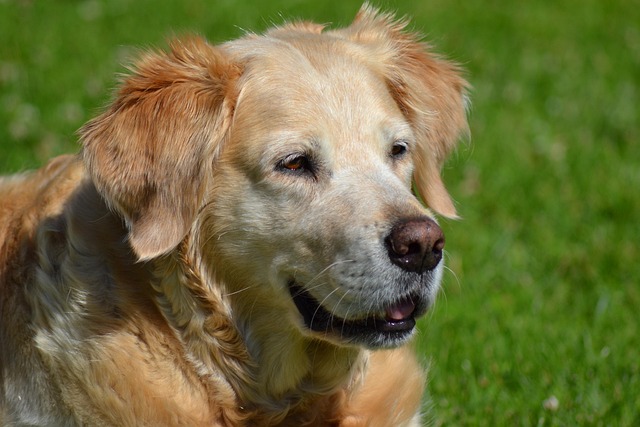
How do i train my dog to be obedient?
Watching your dog dart across the park ignoring your calls isn’t just frustrating—it can put them at risk near busy streets or public spaces.
That moment when your newly adopted adult dog sees another canine across the street and erupts into a frenzy of barking might make you wonder: did we miss our chance? The good news is that while early socialization is ideal, dogs of any age can learn new social skills - it just requires a different approach than puppy training.
Science shows us that a dog's ability to learn never completely shuts off. While the prime socialization window closes around 16 weeks, adult dogs actually have some advantages - better impulse control and longer attention spans than puppies. The key is working with your dog's current comfort level rather than trying to recreate puppyhood experiences. Start by identifying what triggers your dog's reactions - is it all dogs, or just certain sizes/energies? A 2022 University of Pennsylvania study found that targeted counterconditioning (pairing triggers with positive experiences) improved social responses in 78% of adult dogs within six months.
Here's how to begin: Find a quiet location where you can observe other dogs at a distance that doesn't trigger your dog - this might mean 50 yards at first. The moment your dog notices another canine without reacting, mark with a "yes!" and reward with high-value treats like chicken. Gradually decrease distance over multiple sessions. For apartment dwellers, this might mean sitting on your balcony with treats, rewarding calm behavior when dogs pass below. Remember that in cities like New York with strict leash laws, you'll need to practice in designated areas rather than attempting off-leash interactions too soon.

Cultural considerations matter tremendously. Modern trainers in progressive cities like Portland emphasize letting dogs communicate naturally - don't punish growling (an important warning signal), but rather see it as information to create more space. Always check local ordinances; some communities like Boulder have specific rules about reactive dogs in public spaces. And never forget those poop bags - cleaning up immediately after your dog during training sessions maintains good neighbor relations even if reactions occur.
Apartment living presents unique challenges for socializing adult dogs. That unexpected elevator encounter can set back progress if not handled well. Keep a "happy kit" handy by your door - special treats, a favorite toy, and possibly a bandana that signals "in training" to considerate neighbors. Use white noise machines to buffer hallway sounds, and schedule walks during off-peak hours when fewer dogs are out. For small-space training, teach a solid "watch me" cue using stinky treats like salmon before attempting real-world scenarios.
Some special cases require extra care: Rescue dogs from puppy mills may need months just adjusting to normal household stimuli before tackling dog-dog interactions. Senior dogs often do better with calm, predictable canine friends rather than energetic youngsters. And certain breeds with strong protective instincts may never enjoy dog parks - and that's okay. The goal isn't forcing your dog to be social, but helping them feel comfortable in necessary situations like vet visits or passing dogs on sidewalks.
The most important thing to remember? Progress with adult dogs is measured in millimeters, not miles. That first time your dog glances at another canine then voluntarily looks back at you for a treat is a huge victory. While your 7-year-old rescue may never become a dog park enthusiast, with patience and proper training, they can absolutely learn to walk calmly past other dogs without reacting. After all, socialization isn't about creating the life of the party - it's about helping your dog feel safe and secure in their world.

Watching your dog dart across the park ignoring your calls isn’t just frustrating—it can put them at risk near busy streets or public spaces.

New puppy owners often find themselves rushing to clean up accidents before they set in, and that’s where puppy pad training becomes a game-changer.

If you've noticed your dog's waistline disappearing and your veterinarian has mentioned those few extra pounds, your first instinct might be to simply reduce the amount of food in their bowl.

Training a dog to use a designated spot indoors isn’t as daunting as many new owners fear, but it does take consistency and an understanding of your pet’s needs.

That moment of dread on a walk is all too familiar for many new dog owners. You see another dog approaching down the sidewalk of your neighborhood

If the sight of another dog on your neighborhood walk makes your heart sink as your own dog erupts into a frenzy of barking and lunging, you're not alone.